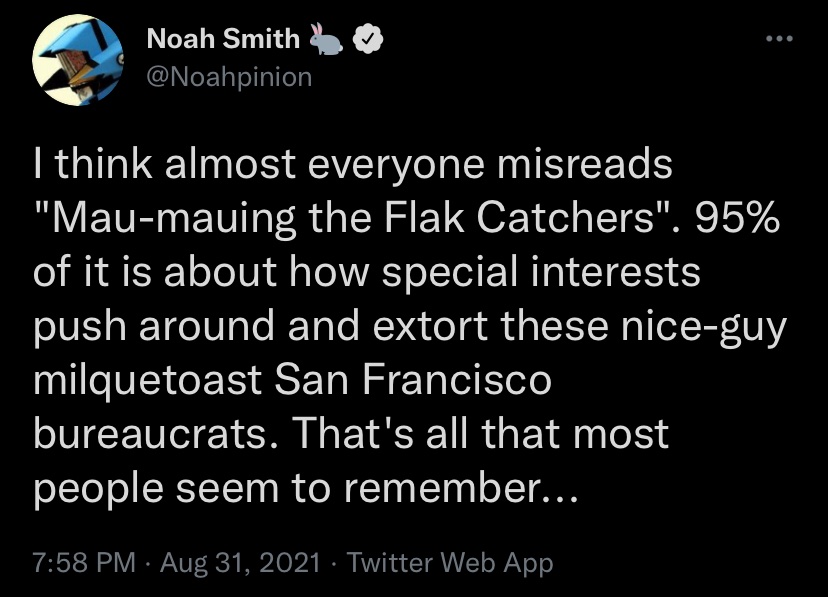
Schmitt on the proletariat:
“What was new and fascinating in The Communist Manifesto was something else: The systematic concentration of class struggle into a single, final struggle of human history, into the dialectical peak of tension between bourgeoisie and proletariat.” 1/x
“What was new and fascinating in The Communist Manifesto was something else: The systematic concentration of class struggle into a single, final struggle of human history, into the dialectical peak of tension between bourgeoisie and proletariat.” 1/x
“The contradictions of many classes were thus simplified into a single, final contradiction. In place of many earlier classes - capitalists, landowners, wage workers - there appears a single class contradiction. This simplification signified a powerful increase in intensity.” 2/x
“The most monstrous wealth confronts the most horrific misery; the class that owns everything faces the class that owns nothing; the bourgeois, who only possess, who only has and who is no longer human, opposes the proletarian, who has nothing and who is nothing but a person.”3/x
“In Marxist terms it can only be said of the proletariat that it will be the absolute negation of the bougeoisie… It is a systematic necessity that everything affecting the proletariat only allows itself to be negatively determined.” 4/x
“The proletariat can only be defined as the social class that no longer participates in profit, that owns nothing, that knows no ties to family or fatherland, and so forth. The proletarian becomes the social nonentity.” 5/x
“It must also be true that the proletarian, in contrast to the bourgeois, is nothing but a person. From this it follows that he can be nothing but a member of his class; that is, he must realize himself precisely in something that is the contradiction of humanity — in the class.”
The passage is from Schmitt’s The Crisis of Parliamentary Democracy. The insight is that Marxist dialectic creates a binary opposition not so much between haves and have nots, but between somebodies and nobodies.
Any useful understanding of the term “proletariat” must focus on spiritual and social, rather than mere economic, poverty. The proletarian is the atomized individual, who is alienated not only from his labor, but in every sense from paths to meaning offered by his society.
For Marx, the bourgeois drive to accumulate - a necessary, but overdeveloped survival mechanism - has driven out other aspects of their humanity and changed them to monsters. The proletarian, excluded from accumulation, is thus uncorrupted. The opposition is fundamental, cosmic.
Lack of identity is central.
Schmitt: “The proletariat… has no home, no family, no social guarantees, and hence is nothing but a class, without any other community. It is a social nothingness whose mere existence refutes the society in which such a nothingness is possible.”
Schmitt: “The proletariat… has no home, no family, no social guarantees, and hence is nothing but a class, without any other community. It is a social nothingness whose mere existence refutes the society in which such a nothingness is possible.”
In a word, the proletariat is “whatever the bourgeois is not.” That is, a polarity posited in permanent opposition to society as it is and has been. All societies have margins, and thus a proletariat, and Marxism exists as a standing call to the alienated and broken to rebel.
In this way, Marxism is properly viewed as a myth, rather than a theory. It defines Us & Them, sets up an cosmic confrontation between them, and is malleable enough to be permanent. It serves not merely to explain the world, but to orient adherents toward cohesive action.
In our Cold War against the “Marxist” USSR, we did battle w/an economic system, not understanding that our model of consumer capitalism was undermining family, community & identity structures, and thus forming our own alienated proletariat right here at home.
A large pool of people with no identity is a sufficient cause for revolution, whatever their material conditions. Spite survives after all other emotions are numb, and like school shooters writ large, alienated populations will burn down whole societies with a smirk.
• • •
Missing some Tweet in this thread? You can try to
force a refresh










